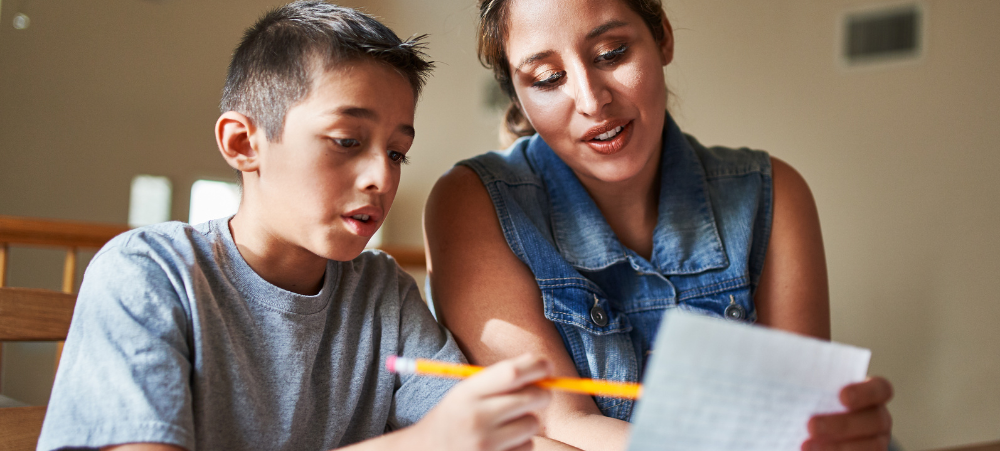As the 2016 Olympic Games came to an end, we can reflect on the achievements, camaraderie and celebration of sport on the global stage. In addition to the great successes, Edublox reading, maths and learning clinic, highlights important lessons that can be learned from the Olympic athletes, which is applicable to a child’s academic and sporting performance.
The Olympic Games is a prestigious sporting event and the highlight of any Olympian’s career. No athlete wins a medal or even qualifies to participate at the world’s largest sporting event without committing the majority of their time to perfecting their craft. It takes years of preparation to build a strong physical foundation and develop the necessary skills to compete on the highest level. “The same goes for a child’s academic performance,” says Susan du Plessis, director of educational programmes at Edublox.
“Children have to be able to read and concentrate in order to grow and develop academically. For children to learn how to read or improve their reading, they have to understand the language, as well as master the foundational skills of perception, memory and logical thinking. Children have to work hard and train their learning abilities with as much vigour and determination as athletes in order to become ‘Olympic students’,” says Du Plessis.
Another characteristic of an ‘Academic Olympian’ is the ability to concentrate. Concentration is a skill that can be taught, just like riding a bike. “Concentration and memory go hand in hand and play a major role in a child’s all-round development. These two aspects not only affect a child’s academic accomplishments, but also influence the performance of young and upcoming sportsmen and women on the sport field,” explains Du Plessis.
After his enrolment at Edublox, Stelios Charalambous, a Grade 3 learner experiencing learning challenges, surprised everyone with a dramatic improvement in all of his subjects on his second report card of the year. “When we received Stelios’ report card, we were ecstatic! His marks had jumped by 20% in all of his subjects,” says Christa Charalambous, Stelios’s mother. “Another big change we’ve noticed is that he is more confident and had improved significantly on both the rugby field and the tennis court,” she adds.
Du Plessis shares a few easy tips for parents looking to help their children become ‘Academic Olympians’ from a young age:
Improve reading
Your child’s fluency in language is a key determinant of his reading ability. Talk to your child and explain to them what you are busy doing while shopping, cooking and working in and around the house or even while taking a walk. This will help enhance your child’s vocabulary.
Read to your child as often as possible. Language develops through repetition. You can read the same book over and over again before moving to another book.
Teach your children nursery rhymes to stimulate their brain and improve memory.
Improve concentration
Let your child build age-appropriate puzzles from a young age.
Progressively read longer and more in-depth stories to your children.
Let your child play outside. This often improves the child’s ability to concentrate more than when playing indoors.
“Mastering the fundamental skills of reading and concentration is important for every child’s academic growth and development,” says Du Plessis. “Regardless of whether they find it difficult to read and concentrate or not, it is essential that all children work hard, similar to Olympic athletes, so that they can transform into great Academic Olympians,” she concludes.
- Is our knowledge about dyslexia dated? What is the contemporary view? - November 3, 2017
- The Importance of Spelling and Handwriting in a Digital Age - June 9, 2017
- When children read well, yet lack comprehension - April 28, 2017





